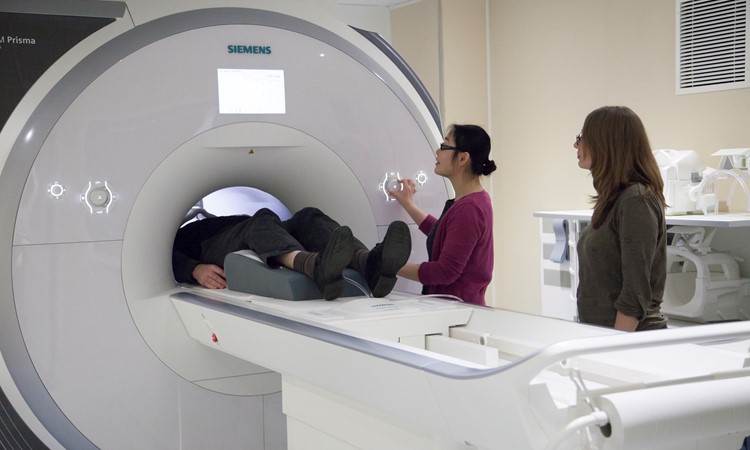Professor Ciara McCabe was included in a write up by The Dana Foundation on the BNA Festival of Neuroscience.
Discussing research looking at how disorders of motivation affect a significant minority of people with neurodegenerative disease, stroke or traumatic injury, and those suffering neuropsychiatric conditions.
Ciara talked about her research into the reward processing in the brains of people with depression.
“Depression is maintained by a negative bias, or an over-processing of negative information about the self or environment,” McCabe said. “The psychological and drug treatments we have only work in about 30-50 percent of people, and one of the reasons for that could be that there are other symptoms that aren’t being targeted.” [See: The Link Between Depression, Sleep, and Stress and Does Depression Change the Way People Perceive the World?]
One of these is anhedonia, or an inability to experience pleasure and rewards, one of the two main criteria for a diagnosis of depression. A better understanding of reward processing in depression could therefore lead to novel therapies and treatments.
Earlier this year, McCabe and her colleagues published preliminary evidence that differences in reward processing could identify adolescents at risk of developing full-blown depression. They recruited 33 adolescents with depressive symptoms, 16 deemed to be at high risk, as determined by a mood questionnaire, and 17 at low risk, and scanned their brains while they first viewed images of, and then ate, pleasant and unpleasant foods.
They found that those at high risk of developing depression had blunted brain responses when viewing and eating both types of food, suggesting that they both underestimate the value of anticipated rewards and are less sensitive to rewards they receive.
“Anticipation of reward seems to be a marker for depression,” said McCabe. “If we can decipher how the different types of reward processing are altered, maybe interventions could target them.”


